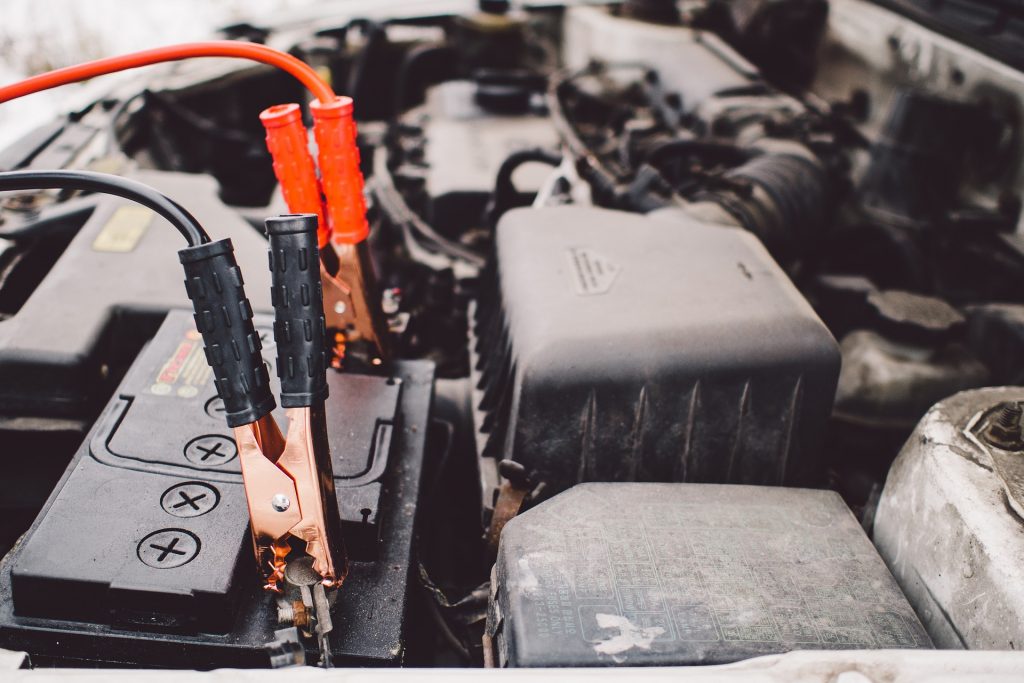Powering up measures on the environmental performance of batteries and their waste.
Batteries are becoming an increasingly utilised and important technology for contemporary society, ever since the development of Li-ion batteries. Now they are prevalently used within many IT applications, electric vehicles and portal electronic devices, electric storage, renewable energy and grid applications. Particularly for intermittent renewable energy technologies (e.g. wind and PV), the storage of energy is pivotal for the balancing of demand and supply. The battery sector is expected to grow annually with 12-18% until 2025, mainly driven by the electrification of the mobility sector. Although batteries are and will increasingly become a key technology in the energy system, improper production and poor treatment of batteries at the end-of-life stage also poses a serious risk to the environment. The Battery Directive (2006/66/EC) was adopted to minimise the negative environmental impact posed by batteries. As a follow-up of the evaluation of the Directive in 2018, this study aims to develop policy options to improve the directive further, so that current problems in its effectiveness are solved and it is up to date with the current developments in the batteries sector. The project is led by Öko-Institut in collaboration with Trinomics. The project will run from April 2019 until March 2020.
